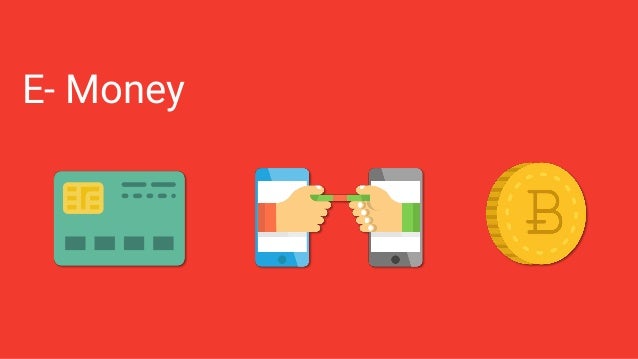Digital Banking: Be careful!
Our world is absolutely amazing. I am able to retrieve massive amounts of information in seconds all on my phone. Included in that information is everything about my money. From budgeting to banking and paying off credit cards, you can handle all your money through your phone. Cash App and other such payment apps are a popular way to pay for some curfew pizza. As these services grow and the market for these apps expand, many might wonder why have a traditional bank account at all? Just forward my paycheck into an app like Square's Cash App and use Apple or Android pay at the grocery store or gas pump. Unfortunately, there is one major problem: it is not secure.

Cyber security wise? Your wallet might be secure in cyberspace, but that is a topic for another article. Without giving a history lesson, to help prevent the Great Depression from occurring again the US Government created the Federal Deposit Insurance Corporation (FDIC) in 1933. The FDIC's job is to insure the money you have in the bank stays your money. Without going into details: if a bank fails, the FDIC will reimburse up to $250,000 per account. In 86 years, the FDIC has not failed to give account holders the money they had stored in a FDIC insured bank. Recently, apps like Square and Robinhood have been advertising and pushing for users to bank with them. With our digital age that might sound like a very convenient and hip option. However, the most popular payment apps are not FDIC insured. Square goes back and forth with the FDIC, applying and withdrawing their application for insured status. This is true for most payment services like Paypal or Venmo. The only electronic wallet app that is public about how they store your money is Google. Google Wallet is FDIC insured and holds your money in a variety FDIC certified banks. Do your own research on an electronic wallet company before storing too much money purely electronically. These apps are great for conveniently splitting the bill or paying for trip expenses but if the tech companies fail: they are not required by law to have your money insured.



No comments: